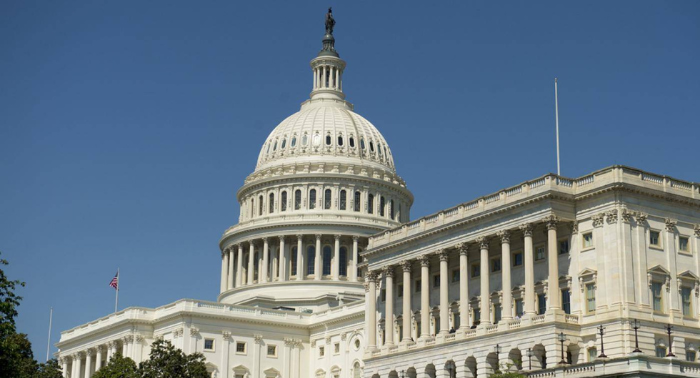In a notable deviation from his party, Republican Governor Mike DeWine of Ohio vetoed a significant bill on Friday. This bill, if passed, would have prohibited gender-affirming healthcare for minors and barred transgender athletes from participating in female sports teams. This move by Gov. DeWine marks a divergence from fellow Republicans who were the primary backers of this legislation.
Despite the Republican majority in the Ohio Legislature, which theoretically could override DeWine’s veto, it remains uncertain whether or not they will take this action. This year has seen a lack of unanimous agreement among GOP legislators, both within individual chambers and across them.
The bill faced substantial opposition while it was being debated in the legislature. A diverse group comprising medical and mental health professionals, educators, faith leaders, parents of transgender children, and transgender individuals themselves came forward to express their disapproval. They criticized the bill as being inhumane and potentially endangering the lives of transgender youth, accusing it of being rooted in fear rather than scientific evidence.
Had it been enacted, the bill would have forbidden Ohio’s minors from accessing puberty blockers, hormone therapies, or gender reassignment surgeries to align their physical characteristics with their gender identity. However, it would have permitted those already receiving such treatments to continue.
DeWine’s veto represents a divergence from a growing trend in the United States, where, since 2021, over 20 states have implemented laws that restrict or outright ban these types of medical treatments for transgender youth. These treatments have been available in the U.S. for over ten years and are widely supported by major medical associations. Despite this, many of these state laws are currently facing legal challenges, with courts delivering varied decisions.
Furthermore, the bill aimed to mandate that public schools and universities in Ohio create separate sports teams based on male and female sexes. It explicitly sought to exclude transgender girls and women from teams that correspond with their gender identity. Proponents of the bill argued that such measures were necessary to preserve the integrity and fairness of women’s sports.
Nationally, similar bans on transgender athletes in school and college sports have been enacted in at least 20 states. These bans, however, could be overturned by a new regulation proposed by President Joe Biden’s administration, expected to be finalized in the upcoming year.




